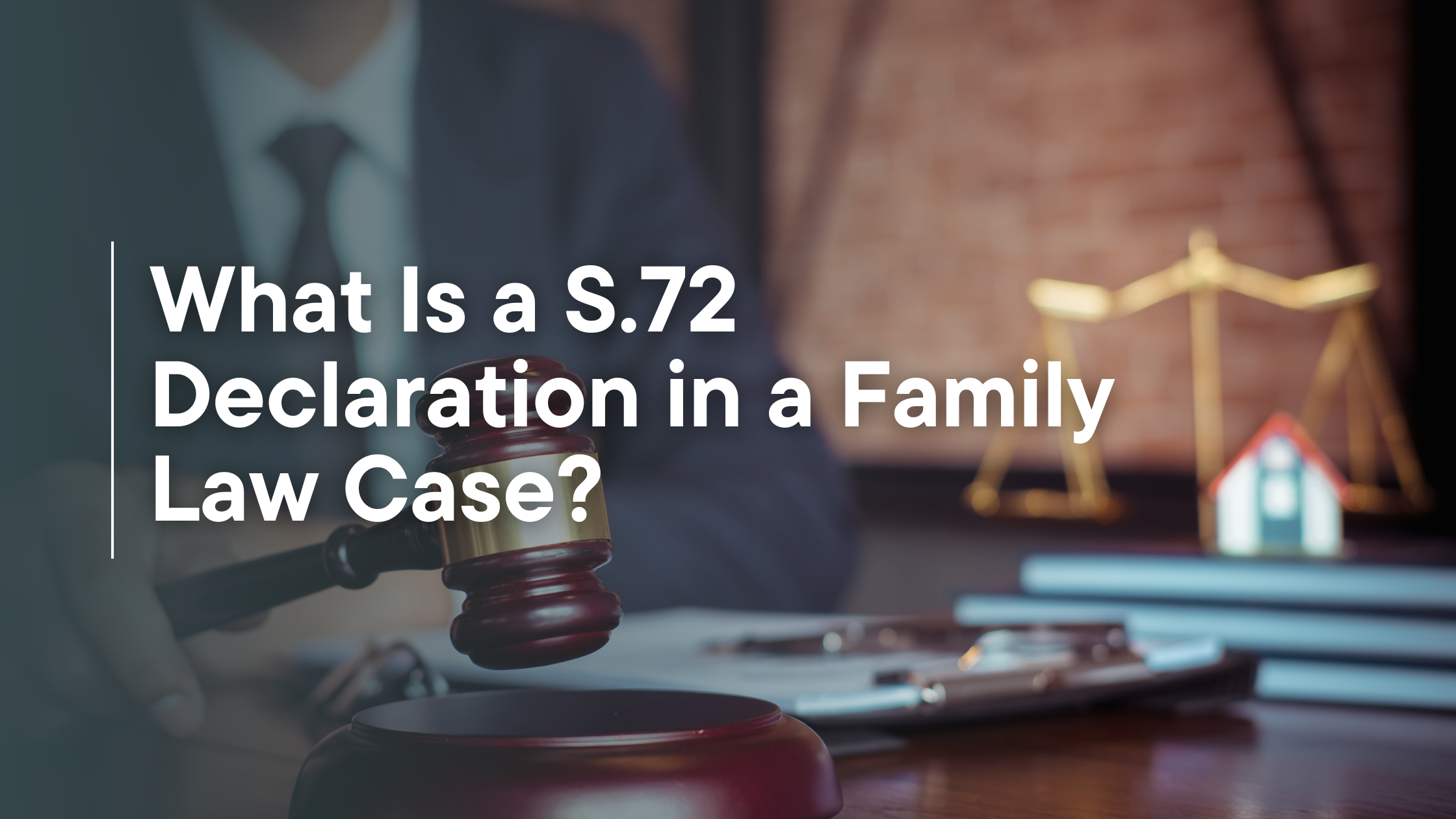Facing a family law issue can feel overwhelming. Whether you’re navigating divorce, child custody, or support arrangements, mediation offers a structured and less adversarial path forward. At Barli Law LLC, we believe that preparation is the key to a successful mediation—and peace of mind.
Here’s how you can confidently approach the process.
Understanding Mediation in Family Law

Mediation is a confidential, non-adversarial process where a neutral third party (the mediator) helps both sides work toward a mutually agreeable resolution. It’s often less stressful—and less expensive—than litigation.
You may enter mediation voluntarily or through a court mandate, but in both cases, the goal is the same: to resolve disputes in a cooperative, respectful environment.
Why Legal Guidance Matters

Before attending mediation, speak with an experienced family law attorney.
Your attorney plays a critical role in helping you:
- Understand your rights and responsibilities.
- Prepare necessary documentation.
- Develop a strategy aligned with your goals.
At Barli Law LLC, we work closely with clients to ensure they walk into mediation informed, supported, and ready to advocate for their future.
Gather Key Documents and Information

Being organized reduces stress and strengthens your position. Before mediation, collect:
- Financial statements – including income, expenses, assets, and debts.
- Parenting schedules – if child custody is involved.
- Correspondence or notes – any communication that supports your claims or concerns.
- A list of priorities – what you want to achieve or resolve.
Having everything in writing helps keep the conversation focused and efficient.
Clarify Your Goals

Mediation isn’t about “winning”—it’s about finding common ground. That starts with knowing what truly matters to you.
Ask yourself:
- What outcomes are essential for your future?
- Where am I willing to compromise?
- What’s best for my children or financial stability?
Keeping your priorities top of mind can help you remain focused and calm, even during difficult discussions.
Improve Communication and Negotiation Skills

During mediation, how you communicate is just as important as what you say.
Here are a few tips that can make a big difference:
- Practice active listening. Let the other person speak without interruption.
- Use clear, respectful language. Avoid blaming or inflammatory statements.
- Stay calm and composed. If emotions rise, it’s okay to request a short break.
- Be solution-focused. Every compromise is a step toward resolution.
Remember: You’re not alone. Your attorney will help you navigate these conversations with professionalism and purpose.
What Happens After Mediation?
If you reach an agreement, the mediator will usually draft a Memorandum of Understanding outlining the terms. Your attorney will review it and, if appropriate, help finalize it into a court order.
If mediation is unsuccessful, you can still pursue resolution through the court system—but you’ll have done the groundwork to move forward effectively.
Final Tips for Mediation Success
- Be open-minded. Flexibility can lead to better, faster outcomes.
- Stay realistic. Focus on practical, long-term solutions.
- Take care of yourself. Rest, eat, and seek emotional support if needed.
- Trust your legal team. With the right preparation, you’ll feel more confident throughout the process.
Ready to Take the First Step?
Mediation can feel intimidating—but with the right preparation and legal support, it can be a powerful tool for resolution. At Barli Law LLC, we provide personalized, compassionate guidance every step of the way.
Contact us today to schedule a consultation and let’s work together to protect your rights and secure your peace of mind.
📞 Call: 973-638-1101
📧 Email: info@barlilaw.com
🔗 Visit our Contact Page




